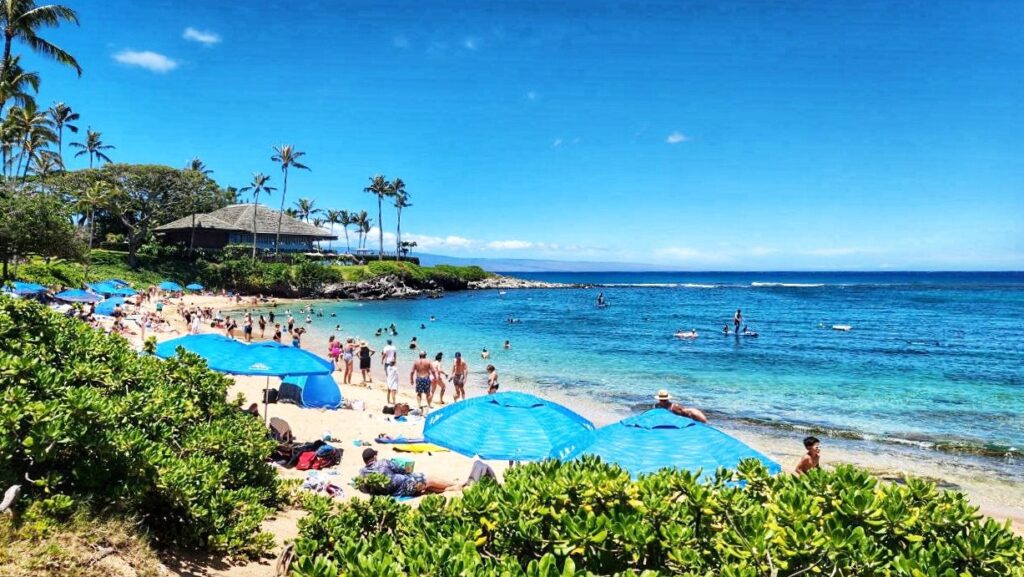Maui’s proposed ban on vacation rentals is causing significant disruption among residents and tourists as the final vote approaches. While Mayor Richard Bissen advocates for the ban as a moral responsibility aimed at addressing the housing crisis, critics warn of potentially severe economic repercussions. A University of Hawaii report estimates the measure could result in the loss of up to 1,900 jobs and $900 million in annual visitor spending, along with a decrease in property tax revenues.
The ban targets approximately 7,200 legal short-term rental units, primarily in West and South Maui, which could lead to the conversion of these units into long-term housing, potentially increasing housing availability. However, this shift is expected to adversely affect the tourism economy, as many cleaning and property management businesses struggle to adapt to the changing landscape.
Tourism figures have already shown signs of decline, with a decrease in occupancy rates and some tourists choosing to cancel their trips to Maui due to uncertainty regarding the availability of vacation rentals. While some residents support the proposed changes, others fear that the timeline for implementation is too fast.
The Maui County Council’s decision on the phase-out will not be finalized until after the upcoming budget process, leaving many owners, tenants, and travelers in a precarious situation. The debate centers around whether the long-term housing crisis justifies the economic risks associated with the ban, with Bissen remaining resolute in his stance on prioritizing residents’ needs. Travelers now face uncertainty regarding the future of vacation rentals in Maui and whether they will feel welcome in the community.
Source link


